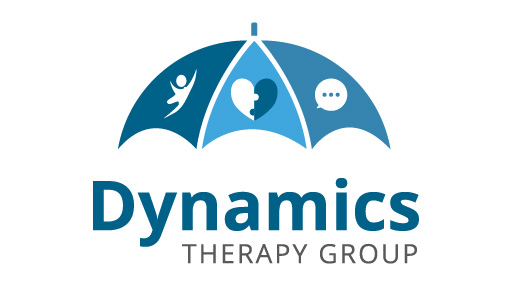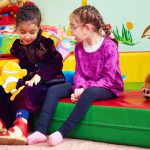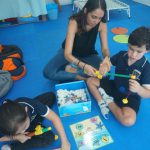
At Dynamics Therapy Group, we had the privilege of helping countless children overcome speech and language challenges. In this blog post, we’ll explore the benefits of speech therapy for 3-year-olds and how it can make a significant impact on their communication skills.
Understanding Speech and Language Development in 3-Year-Olds
At the age of three, children typically experience a burst in language development, expanding their vocabulary and beginning to combine words into simple sentences. However, some children may face difficulties in this area, which can result in speech and language challenges. These challenges can present themselves in various forms, such as difficulties in pronouncing words, limited vocabulary, or struggling to understand and use language in social settings.
How Speech Therapy Can Help
- Building Vocabulary: Speech therapists are skilled in helping children expand their vocabulary by introducing new words, phrases, and concepts through engaging activities, stories, and play. This increased vocabulary allows them to express themselves more effectively and enhances their overall communication skills.
- Improving Pronunciation: Some 3-year-olds may struggle with certain speech sounds, making their speech difficult to understand. A speech therapist will work with your child to address these challenges, using fun and interactive methods to help them master the correct pronunciation of various speech sounds.
- Enhancing Language Comprehension: Speech therapists are trained in developing strategies to improve a child’s ability to understand and process spoken language. This includes addressing challenges related to following directions, answering questions, and understanding complex sentences.
- Boosting Social Skills: Speech therapy also focuses on improving social communication skills, helping your child understand social cues and engage in age-appropriate conversations. This will greatly benefit them as they interact with their peers and develop relationships.
- Building Confidence: As children overcome speech and language challenges, they begin to gain confidence in their ability to communicate. This newfound confidence can have a positive impact on their overall development, including their self-esteem and willingness to engage with others.
Speech Therapy Techniques for 3-Year-Olds
A variety of techniques can be used to help 3-year-olds overcome speech challenges, including:
- Play-based therapy: Play is an essential part of a child’s development and serves as an effective way to facilitate language learning. Speech therapists often use play-based activities to help children practice new skills and engage in meaningful communication.
- Modeling: Therapists model correct speech sounds and sentence structures for the child to imitate. This helps them learn proper pronunciation and grammar, as well as practice their new skills.
- Visual aids: Pictures, flashcards, and other visual aids can be used to reinforce new words and concepts, helping children better understand and retain the information.
- Parent involvement: Parents play a crucial role in their child’s speech and language development. Speech therapists often provide guidance and resources for parents to support their child’s progress at home.
Conclusion
Speech therapy is a powerful tool that can help 3-year-olds overcome speech and language challenges, allowing them to communicate more effectively and confidently. By addressing these difficulties early on, children are given the opportunity to reach their full potential and enjoy the many benefits of effective communication throughout their lives. If you suspect your child may have speech or language challenges, please contact us to discuss your concerns and develop a tailored intervention plan.




